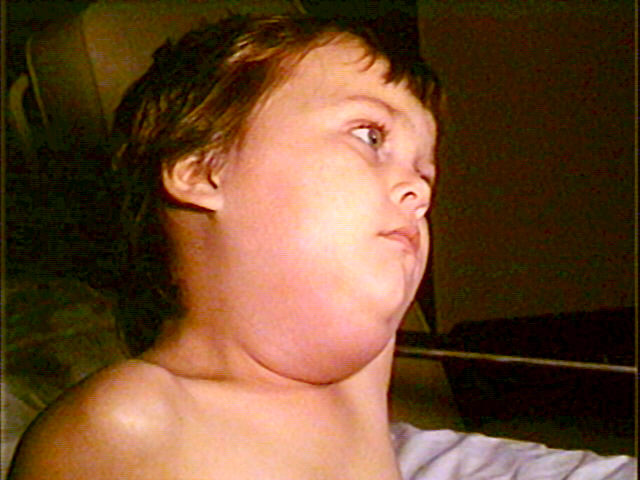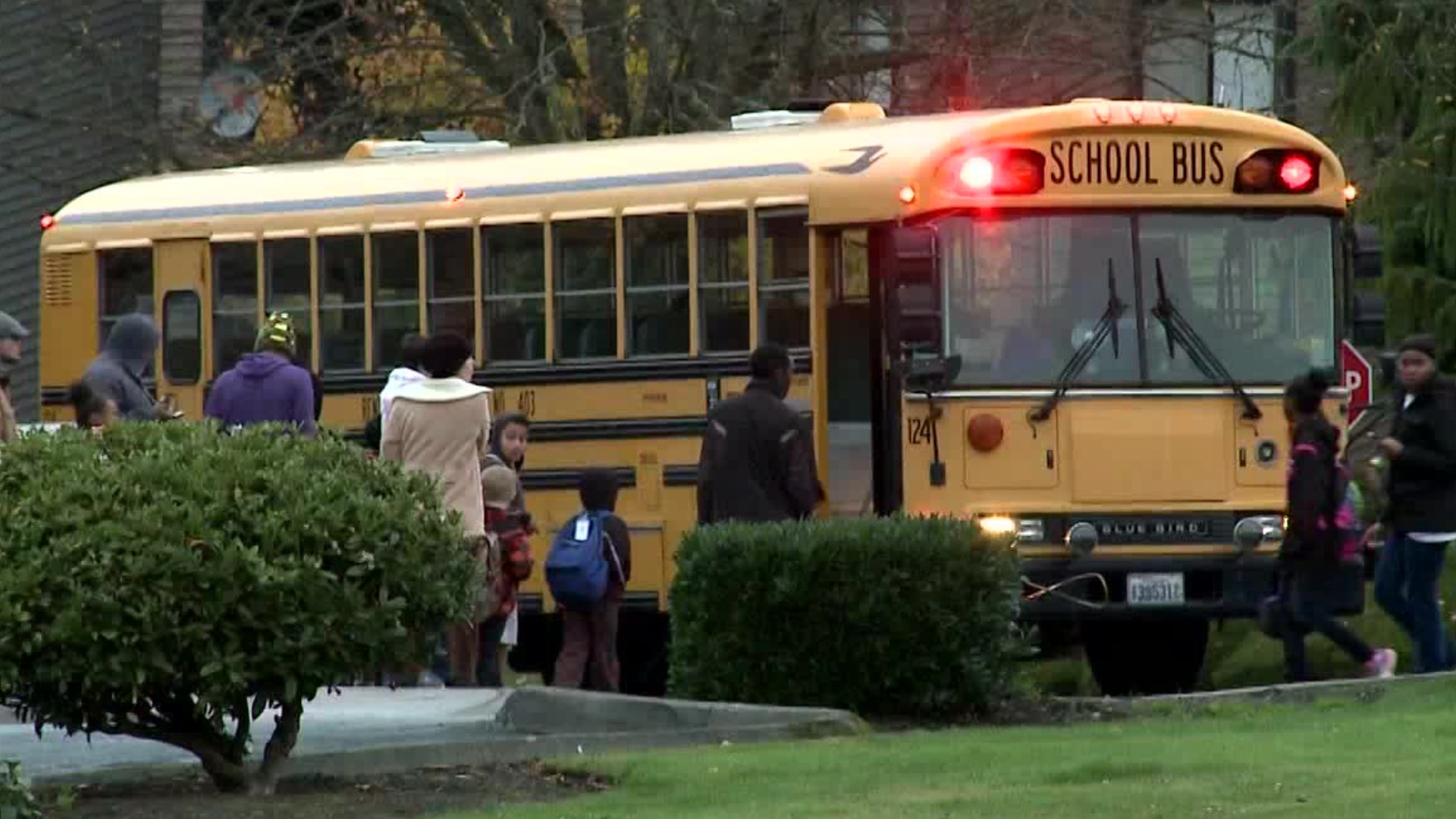Mumps Cases Surge In U.S.

April 17, 2017 — Mumps is making a comeback.
While Texas is experiencing a 20-year high in mumps cases, public health officials report nearly 2,000 cases across 42 states and the District of Columbia since January. That number is on track to top last year’s total by about 50%.
Public health officials in Texas alerted health care professionals there to be on the lookout for mumps, tracing some exposures to college students on spring break on South Padre Island. As of mid-April, Texas has had 221 mumps cases this year, the most since 1994.
Spread by close person-to-person contact, the mumps virus attacks the salivary glands, leading to puffy cheeks and swollen jaws.
The CDC is ”certainly concerned about the increases in mumps cases,” says spokesman Ian Branam. He says the agency is looking at things that may be behind the rise in cases, including:
- The disease spreads more easily in crowded settings such as college campuses.
- The mumps vaccine may not always work.
- The vaccine’s effect may decrease over time.
The CDC recommends that a child get two doses of the measles-mumps-rubella (MMR) vaccine, the first at 12 to 15 months old and the second at 4 to 6 years old.
In addition to puffy cheeks and swollen jaws, symptoms of the respiratory virus include fever and headaches, says Amanda Porro, MD, a pediatrician at Nicklaus Children’s Hospital in Miami.
“You are contagious about 3 or 4 days” before the infection shows symptoms, Schaffner says.
Branam says while most cases are mild, mumps can occasionally be serious. “It can cause complications, especially in adults, such as meningitis or inflammation of the testicles (orchitis) in males who have reached puberty, Branam says.” Rarely, this can lead to infertility. “Before there was a vaccine, mumps was one of the most common causes of deafness and meningitis in childhood,” he says.
Children who are vaccinated and still become infected are less likely to have serious illness, Branam says.
While there is no specific treatment other than plenty of rest and fluids, Porro recommends getting checked out by a doctor for complications once you have swollen cheeks.
Experts are also researching the best ways to prevent more outbreaks.
A group within the CDC’s Advisory Committee on Immunization Practices (ACIP) is discussing whether to add an additional dose of the vaccine when there’s an outbreak, Branam says. The group will present its recommendations to the full committee by February 2018.
Schaffner and Porro also suggest that students at a college or university consider getting another dose of the vaccine if an outbreak happens








Recent Comments